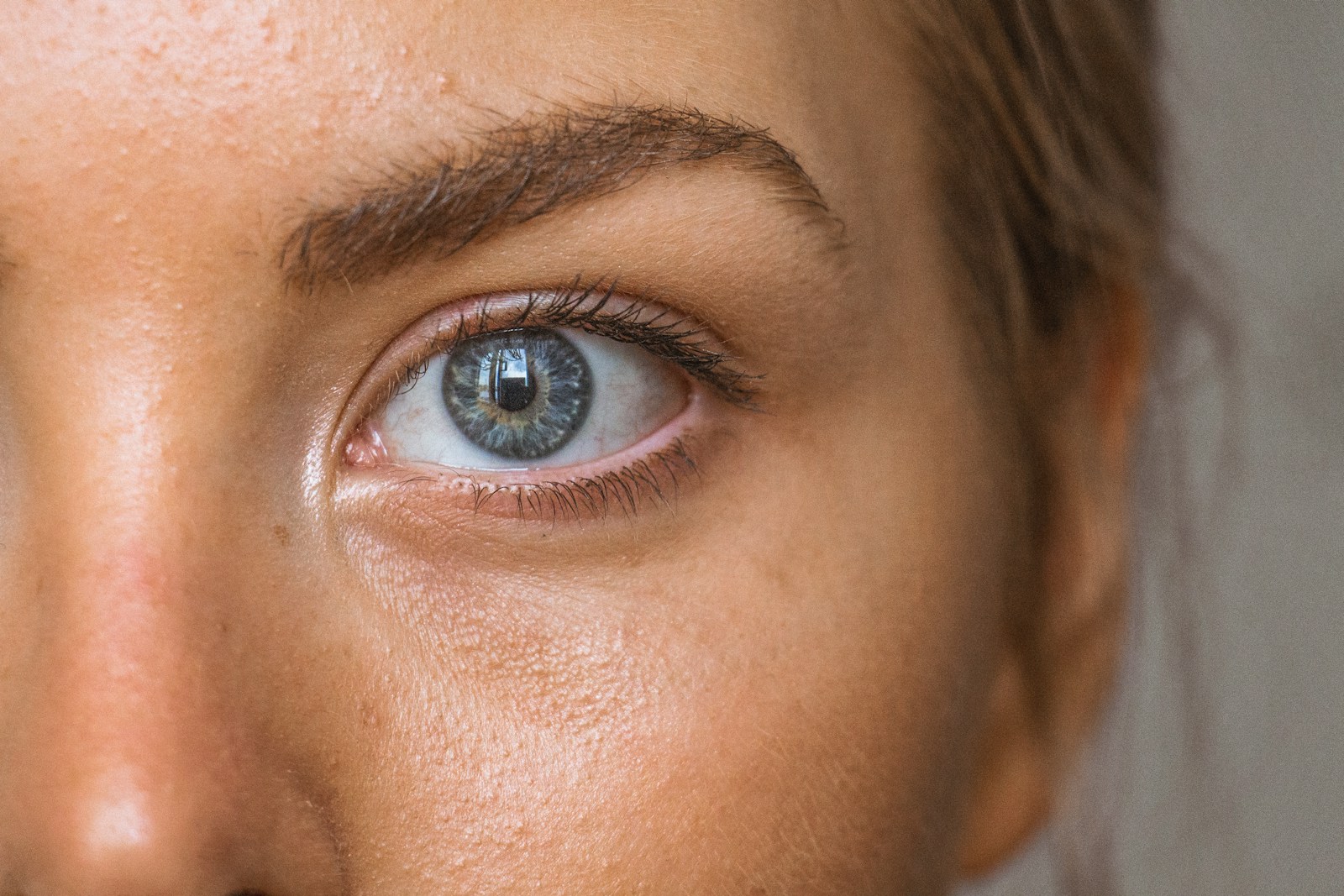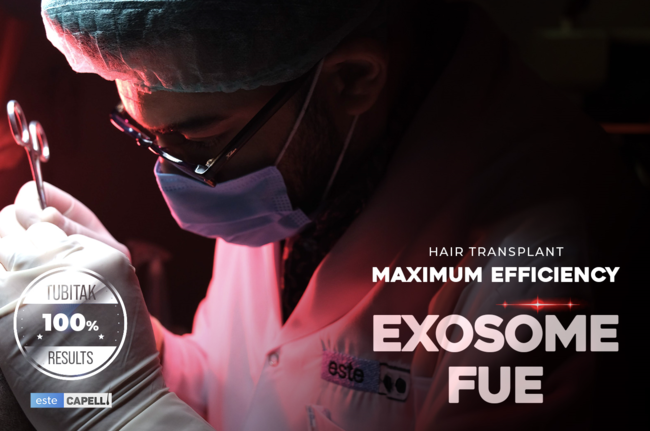With people worldwide still fascinated by everlasting beauty, anti-wrinkle injections have become a well-liked and practical cosmetic option. Neurotoxin-based injections, like Botox, are among the most common to reduce wrinkles and fine lines.
Although these injections’ quick and obvious results are well received, questions and concerns regarding their long-term implications are beginning to surface.
This article delves into the intricate realm of anti-wrinkle injections, scrutinizing their prolonged impact on skin health, overall well-being, and the potential psychological implications associated with the quest for eternal youth.
Understanding Anti-Wrinkle Injections
Neurotoxins, such as botulinum toxin type A, which momentarily paralyzes the muscles responsible for facial expressions, are the main ingredients in anti-wrinkle injections. The neurotoxic formulations most commonly utilized are Botox, Dysport, and Xeomin.
These injections prevent the contractions that cause wrinkles by obstructing nerve signals in the muscles. For people looking for non-invasive cosmetic treatments, anti-wrinkle injections are a popular option because the instant result is smoother, younger-looking skin.
Short-Term Benefits vs. Long-Term Concerns
Anti-wrinkle injections like the one in the Ministry of Skin provide a solution that is both speedy and effective in the short term regarding the fight against the indications of aging. Patients frequently report feeling more satisfied with their appearance shortly after treatment and experiencing increased self-esteem.
On the other hand, given that the duration of these effects depends on the type of injection, the dosage, and individual circumstances, questions arise concerning the benefits sustained over time and the potential negatives that may take place.
Skin Health and Longevity
The effect of anti-wrinkle injections on the skin’s health is one of the primary concerns surrounding their use over an extended period of time.
Although these injections do not directly address the quality of the skin, they do influence the production of new wrinkles and fine lines by blocking the contraction of muscles. Using anti-wrinkle injections for an extended period may result in a paradoxical scenario in which the skin’s surface appearance improves. Still, the skin’s underlying health may be harmed.
Long-term exposure to neurotoxins may have an effect on collagen, which is the protein that is responsible for the suppleness of the skin.
According to the findings of a few studies, the decreased muscular activity that occurs due to frequent injections may contribute to the loss of collagen, which may ultimately result in drooping skin and a decline in the overall health of the skin.
However, additional study is required to arrive at a conclusive conclusion about the connection between collagen degradation and anti-wrinkle injections.
Psychological Implications
Another aspect of this topic is the psychological impact of long-term dependence on anti-wrinkle injections. Although these injections can temporarily increase self-confidence, people might become dependent on them to seem younger.
This addiction may lead to a never-ending cycle of cosmetic procedures, posing issues with self-acceptance, body image, and the social influences that support the pursuit of perpetual youth.
In addition, the emphasis placed by society on perfect aesthetics could lead to irrational notions of attractiveness and promote a stigma associated with aging naturally. Constantly trying to live up to these expectations can have a psychological toll that includes worry, problems with self-worth, and a warped view of one’s attractiveness.
Prolonged recipients of anti-wrinkle injections struggle between self-actualization and an impossibly high standard of perfection.
Potential Risks and Complications
Although qualified doctors can safely deliver anti-wrinkle injections, there are possible hazards and difficulties in using them over an extended period.
The emergence of neurotoxic resistance, in which the body’s immune system develops antibodies that counteract the injection’s effects, is one cause for concern. Over time, this may lessen the treatment’s effectiveness and call for higher dosages or different strategies.
Inadequate dosage or administration can result in undesired cosmetic effects like asymmetry or a frozen expression. Finding qualified practitioners who adjust to shifting facial dynamics and provide consistent, natural-looking outcomes may be difficult for frequent users.
Complications like infection, bruises, or drooping eyelids can happen in severe situations, so getting care from licensed and skilled specialists is critical.
Regulatory Oversight and Industry Standards
As demand for anti-wrinkle injections rises, industry standards and regulatory monitoring are vital in maintaining patient safety. Global health authorities regularly update policies and guidelines while carefully monitoring the effectiveness and safety of cosmetic procedures.
Clinics and practitioners who follow these principles should be given preference by prospective long-term users, emphasizing patient education, ethical behavior, and transparency.
Alternative Approaches to Aging Gracefully
Considering the possible long-term consequences and worries related to anti-wrinkle injections, people might look into other methods for aging gracefully. A healthy lifestyle, which includes eating a balanced diet, exercising frequently, and wearing enough sunscreen, is a major component in maintaining good skin health.
In addition, non-invasive procedures like chemical peels, laser therapy, and dermal fillers provide substitutes that address several facets of aging skin without depending on neurotoxins.
Navigating the Complex Landscape of Anti-Wrinkle Injections
The quick and apparent results that anti-wrinkle injections can produce make them so appealing. The long-term implications of these treatments are still being investigated and closely examined.
It is crucial to approach anti-wrinkle injections with a balanced viewpoint, considering the physical changes and the psychological and sociological ramifications as people assess the short-term benefits against potential concerns.
A holistic approach to skincare, a healthy lifestyle, and well-informed decision-making can make the journey toward aging gracefully more gratifying and sustainable in the pursuit of ageless beauty.







